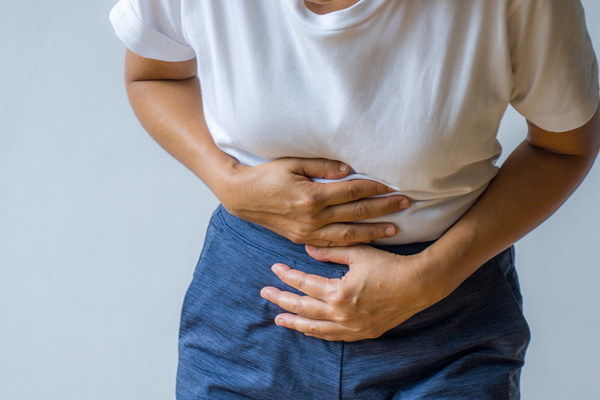Every November, Stomach Cancer Awareness Month brings attention to the risks and symptoms of stomach cancer. Knowing your personal risk factors is key to early detection and timely treatment. While some risk factors are beyond your control, many can be managed through lifestyle changes, helping you reduce your risk and protect your health.
Understanding the risk factors associated with stomach cancer can empower you to make informed decisions about your health. While some of these risks are outside of your control, others can be managed through lifestyle changes.
Risk Factors You Can’t Change: While certain risk factors for stomach cancer are beyond your control, knowing them can help you stay vigilant and proactive with screenings and early detection:
- Gender
- Men are more likely to develop stomach cancer when compared to women.
- Age
- Most people who are diagnosed with stomach cancer are over 60. Your risk for developing stomach cancer increases with your age.
- Ethnicity
- Stomach cancer is more common in Hispanic Americans, African Americans, Native Americans, Asian Americans, and Pacific Islanders than it is in non-Hispanic White people.
- Family History
- Having a family history of stomach cancer or certain genetic syndromes can increase your risk of stomach cancer. Some of these genetic syndromes that increase your risk are Lynch syndrime, juvenile polyposis syndrome, Peutz-Jeghers syndrome, and familial adenomatous polyposis.
Risk Factors You Can Change: On the other hand, there are risk factors you can actively manage to lower your chances of developing stomach cancer:
- Diet
- A diet low in fruits and vegetables and high in salt can increase your risk. Consider incorporating more plant-based, nutrient-rich foods into your meals.
- Weight
- Being overweight or obese is linked to an increased risk of stomach cancer. Maintaining a healthy weight can help reduce this risk.
- Tobacco Use
- Smoking significantly increases the risk of stomach cancer, particularly in the upper stomach near the esophagus. Quitting smoking can greatly lower your risk.
- Environmental Exposure
- Exposure to certain chemicals, like those in the rubber or coal industries, as well as high levels of radiation, can elevate your risk. Limiting or avoiding harmful exposure when possible is important.
While some factors are out of your control, knowing your risks and taking charge of the ones you can influence is essential for early detection and prevention. Focus on maintaining a balanced diet, staying active, avoiding smoking, and protecting yourself from harmful environmental exposures. Be proactive about your health—speak with your doctor to assess your risks and discuss steps you can take to reduce your chances of developing stomach cancer.
published: Nov. 1, 2024, 4:12 a.m.

